Inpatient Rehab for Addiction to Benzodiazepines
Benzodiazepine Abuse and addiction have become pervasive in modern society, impacting countless individuals and their loved ones.
These psychoactive drugs, prescribed for various conditions like anxiety and insomnia, have a dual nature. While they can offer therapeutic relief when used as directed, they also carry a high potential for misuse and dependence.
Recognizing the signs of benzodiazepine abuse and understanding the available treatments is essential in navigating this complex and often misunderstood challenge.
What Are Benzodiazepines?
Benzodiazepines are a class of psychoactive medications known for their calming effects on the nervous system. They function by amplifying the actions of the neurotransmitter gamma-aminobutyric acid (GABA) in the brain, resulting in sedative, sleep-inducing, and anxiety-reducing effects.
Commonly prescribed for conditions such as anxiety disorders, panic attacks, insomnia, and certain types of seizures, benzodiazepines include well-known drugs like Diazepam (Valium), Alprazolam (Xanax), and Lorazepam (Ativan). While effective for short-term therapeutic use, their potential for physical dependence and addiction raises significant concerns.
How Benzodiazepine Addiction Develops
According to studies, Benzodiazepine addiction typically develops due to prolonged and consistent usage, even if it starts with a legitimate prescription. The brain starts to depend on these medications for balance, modifying its innate synthesis of neurotransmitters such as GABA. Over time, a user may require increasing dosages to achieve the same calming or sedative effect, a phenomenon known as tolerance. As this tolerance builds, the risk of physical and psychological dependence grows.
Individuals may start consuming benzodiazepines outside their prescribed parameters, seeking them out not just for symptomatic relief but to stave off uncomfortable withdrawal symptoms or to achieve a heightened sense of tranquility. This transition from therapeutic use to compulsive misuse is crucial to benzodiazepine addiction.
Signs of Benzodiazepine Misuse
- Taking higher doses than prescribed
- Using benzodiazepines for longer than prescribed
- Using benzodiazepines without a prescription
- Combining benzodiazepines with other drugs or alcohol
- Using benzodiazepines to cope with stress or anxiety
- Experiencing withdrawal symptoms when not using benzodiazepines
- Neglecting responsibilities or relationships due to benzodiazepine use







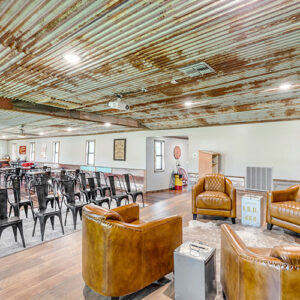




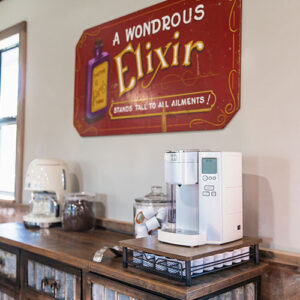




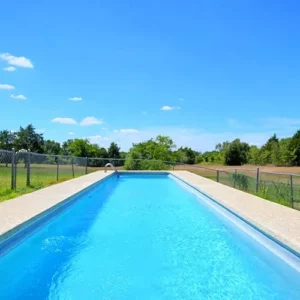
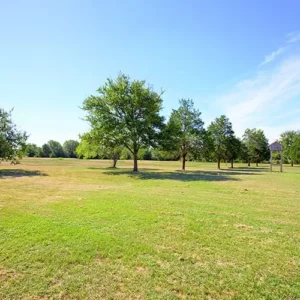
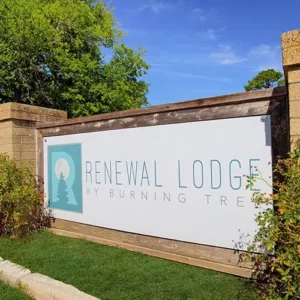
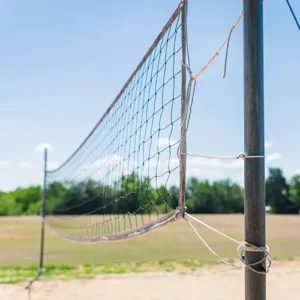
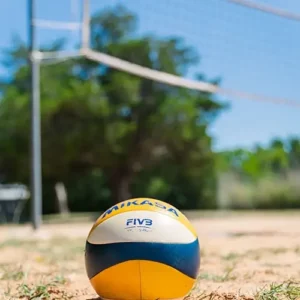
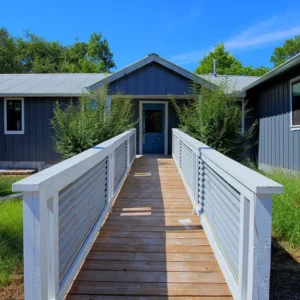
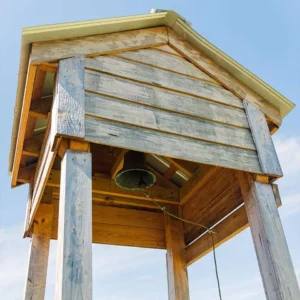
Treatment Options for Benzodiazepine Addiction
Detoxification
The initial phase of addressing benzodiazepine addiction is to gradually decrease the drug dosage until the individual is no longer reliant on it. This can be accomplished in either an inpatient or outpatient environment, depending on the extent of the addiction.
Inpatient Rehab
For those with severe addiction challenges, inpatient care offers an intensive and immersive treatment experience. Within this structured environment, individuals receive round-the-clock support and therapy, ensuring a focused and dedicated path to recovery.
Behavioral Therapy
This therapeutic approach aids individuals in pinpointing the root causes of their dependency and crafting methods to handle urges. Cognitive-behavioral therapy (CBT) stands as a widely recognized variant of behavioral therapy that proves efficient in addressing benzodiazepine addiction.
Holistic Approaches
Holistic Approaches in treating benzodiazepine addiction focus on treating the individual as a whole, emphasizing the interconnectedness of the mind, body, and spirit. Such treatments go beyond just addressing the symptoms or the immediate causes of addiction.
Dual Diagnosis Treatment
Recognizing the intertwined nature of co-occurring disorders, this approach tailors treatment plans to simultaneously address both the addiction and underlying mental health conditions.
Support groups
Support groups such as Narcotics Anonymous (NA) and SMART Recovery can provide individuals with a sense of community and support as they work to overcome their addiction. Support groups provide valuable resources and information about addiction and recovery.
Comprehensive Dual Diagnosis Treatment at Renewal Lodge
At Renewal Lodge, we are proud to be a specialized dual diagnosis treatment center offering much more than benzodiazepine addiction treatment.
Our team of expert clinicians guides our holistic, individualized recovery approach, including evidence-based therapies like Cognitive Behavioral Therapy and group counseling. We also integrate holistic methods like yoga and meditation into our treatment plans to provide a comprehensive healing experience that nurtures the mind and body.
Our compassionate and supportive environment strongly emphasizes emotional and spiritual renewal, which are key elements for a successful dual diagnosis recovery.
If you or a loved one are struggling with benzodiazepine addiction and possibly a co-occurring mental health condition, don’t hesitate to contact Renewal Lodge today. Take the first step toward a meaningful and transformative recovery journey with confidence.




